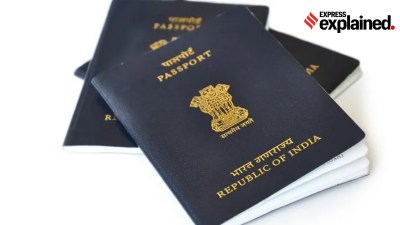Ask Us
This is really unfortunate. We have seen many cases where a small profit in the beginning leads to a bigger loss
I retired in 1988 from government service. After the marriage of my son and daughter,we sold our old house and moved to a small flat. On the advice of friends,I invested the surplus money in shares,making a good profit. Thereafter,I was advised to invest in MMTC which,I was told,was risk free. So,I invested all my money there. The amount invested was Rs 12 lakh on 800 shares at Rs 1,500 a share. That was my biggest mistake in life. The price of MMTC is going down every day,now it is about Rs 550. I have lost whatever I had. Is there any hope of recovering the money in my lifetime? I am 84 and after my demise,my wife will have nothing,not even my pension. Please help me.
Rajiv Ray
This is really unfortunate. We have seen many cases where a small profit in the beginning leads to a bigger loss. The advice to invest in equity was not sound for someone who is retired and it is always best to educate yourself of risks involved before attempting any kind of investment. Equity market is the greatest friend of investors who have time on their side but a lethal enemy to those who do not have time or cannot wait for the gain. Anyone,who is above 65,should not go for equity investing. The risk is too high. The problem is that if you lose money,you will not be able to recover because time is not on your side. For a younger person,who loses money in equity,he can play the waiting game. Two,since the investor is young,he or she is also earning,which enables them to leave the money invested. MMTC is a state-owned enterprise that trades in minerals and metals and government policies weigh a lot on its operations. Will you recover your money in next 1-2 years? This am afraid is unlikely if you reason with logic. i.e. To go from Rs 550 to Rs 1,500,the stock needs to grow 200 per cent in next 1-2 years. This is not viable.
We are paying interest against our sons educational loan for his studies in the US. Please let me know under which clause of I-T Act we can claim a refund.
Balkrishnan ,Pune
Education loan payment has two parts. The interest part is exempted from taxable income. There is no limit on the interest part. This means you can claim all the interest payment for tax exemption. This is done under section 80E of the Income Tax Act. The other important factor you need to know is only the borrower of the education loan can claim the tax benefit.
Expert advice by Adhil Shetty,CEO,Bankbazaar
For your personal finance queries please email at expressmoneyexpressindia.com
- 01
- 02
- 03
- 04
- 05































